UNUSUAL BIRTHDAY NIEZWYKŁE URODZINY
-
Ostatnio w Warsztacie
-

bronmus45 1 711
~~
W jeziorze suskim, ktoś obdarł łuski
z piskorza.
Piskorz ów nagi, wyzbyty blagi
- zachorzał ..
Jego kumotrzy, jak i sam łotrzyk
- w kłopocie.
Ich wybawieniem już nie sumienie
- to w .. błocie.
Taki los czeka również człowieka
- gdy błądzi.
Za każdym razem, los swym ukazem
osądzi ..
~~0
-
-
Najczęściej komentowane w ostatnich 7 dniach
-
- 18 odpowiedzi
- 277 wyświetleń
-
- 12 odpowiedzi
- 263 wyświetleń
-
- 9 odpowiedzi
- 223 wyświetleń
-
rodowe
Przez Somalija, w Wiersze gotowe
- wyznanie rodowe
- najnowsze doniesienia o słowianach
- (i 1 więcej)
- 9 odpowiedzi
- 262 wyświetleń
-
- 9 odpowiedzi
- 245 wyświetleń
-



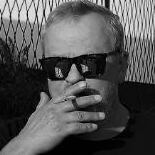



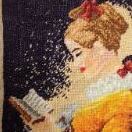
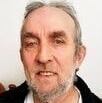
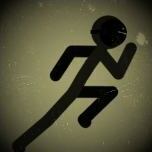
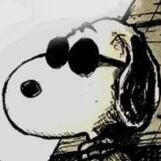

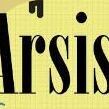
Rekomendowane odpowiedzi
Jeśli chcesz dodać odpowiedź, zaloguj się lub zarejestruj nowe konto
Jedynie zarejestrowani użytkownicy mogą komentować zawartość tej strony.
Zarejestruj nowe konto
Załóż nowe konto. To bardzo proste!
Zarejestruj sięZaloguj się
Posiadasz już konto? Zaloguj się poniżej.
Zaloguj się